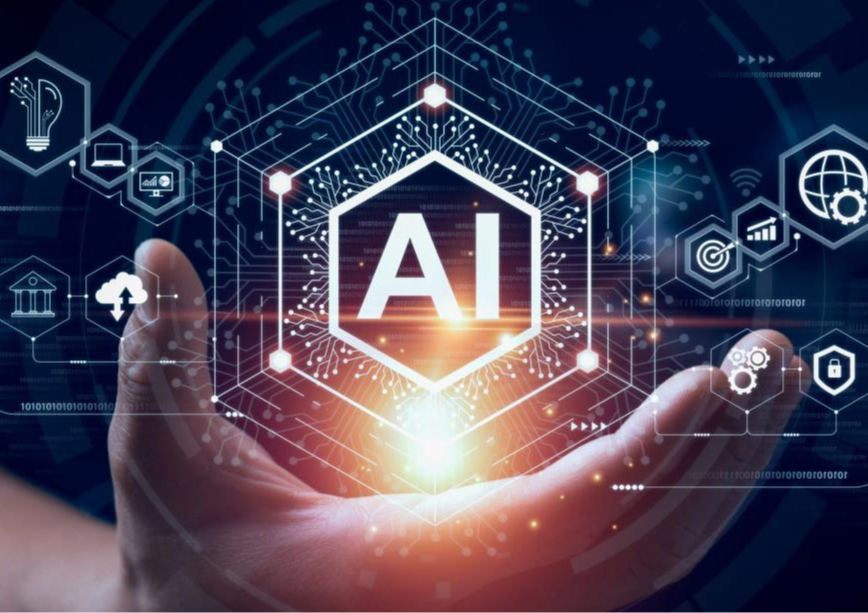The Role of AI in Risk Management
The Role of AI in Risk Management
Blog Article
Synthetic Intelligence (AI) is revolutionizing industries worldwide, and training techniques are number exception. With the capability to analyze knowledge, personalize understanding, and automate administrative jobs, AI is transforming standard methods to training and learning. Here's a deeper look at how Artificial intelligence (umela inteligence) may increase education systems and improve outcomes for students, educators, and institutions.
Personalizing the Learning Knowledge
One of the very significant contributions AI brings to knowledge is personalized learning. Applying wise formulas, AI may analyze a student's performance, learning speed, and aspects of struggle, then tailor materials and recommendations with their specific needs. For instance:

Adaptive Understanding Tools use AI to offer custom content for every student, ensuring they progress at their very own pace. Studies reveal that students applying adaptive understanding methods often obtain better outcomes in comparison to conventional methods.
AI Tutors may aid pupils with particular problems, giving step-by-step explanations and practice issues in parts they find difficult. This approach offers extra help without overburdening educators.
This level of personalization aims to close learning breaks, ensuring no scholar is left behind.
Streamlining Administrative Responsibilities
Artificial intelligence also reduces the burden of administrative responsibilities on educators and school staff. Automating repetitive actions allows teachers to concentrate more on their primary role—teaching.
Grading Automation driven by AI reduces the full time allocated to assessing standardized tests, quizzes, and assignments. As an example, AI methods may examine multiple-choice responses and actually give feedback on written essays.
Scheduling and Administrative Support resources use AI to organize student and teacher schedules, manage resources, and speak reminders.
These efficiencies can save your self countless hours, making training techniques more successful and effective.
Enhancing Access to Knowledge
AI-powered tools are increasing usage of training internationally, particularly for underserved communities. As an example:
Language Interpretation Methods allow students to get into understanding resources inside their indigenous language, breaking down language barriers.
Electronic Classrooms and AI-enabled distance learning systems guarantee pupils can study on everywhere, applying small resources.
That democratization of knowledge units a precedent for more inclusive and equitable learning experiences.

Encouraging Data-Driven Decision Making
AI also assists instructional institutions produce more educated decisions. By examining great levels of knowledge, AI techniques can:
Anticipate graduation rates and recognize at-risk pupils early.
Provide insights into curriculum effectiveness.
Improve resource allocation based on data trends.
These functions empower instructional leaders to make proper choices that gain the whole system.
The Way Forward
AI is not really a software but a game-changer for contemporary education. By addressing essential difficulties like personalization, access, and performance, AI can lead how you can a far more inclusive and revolutionary knowledge system. However, its implementation must certanly be clever, prioritizing honest criteria and teacher involvement to fully realize their potential in surrounding the continuing future of learning. Report this page